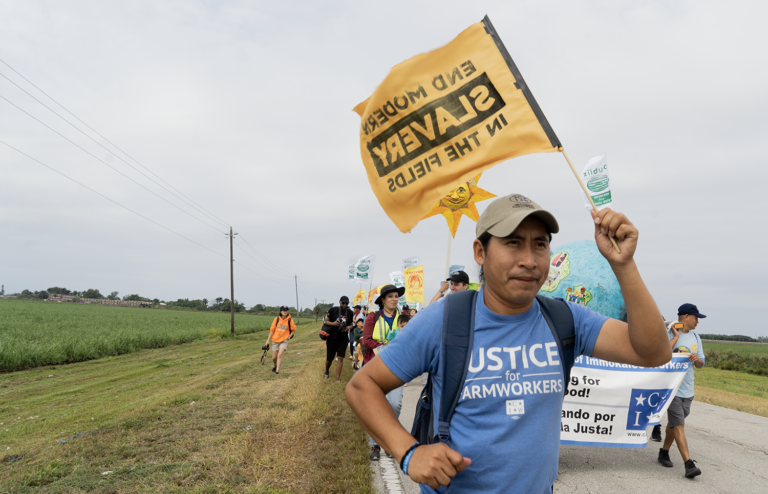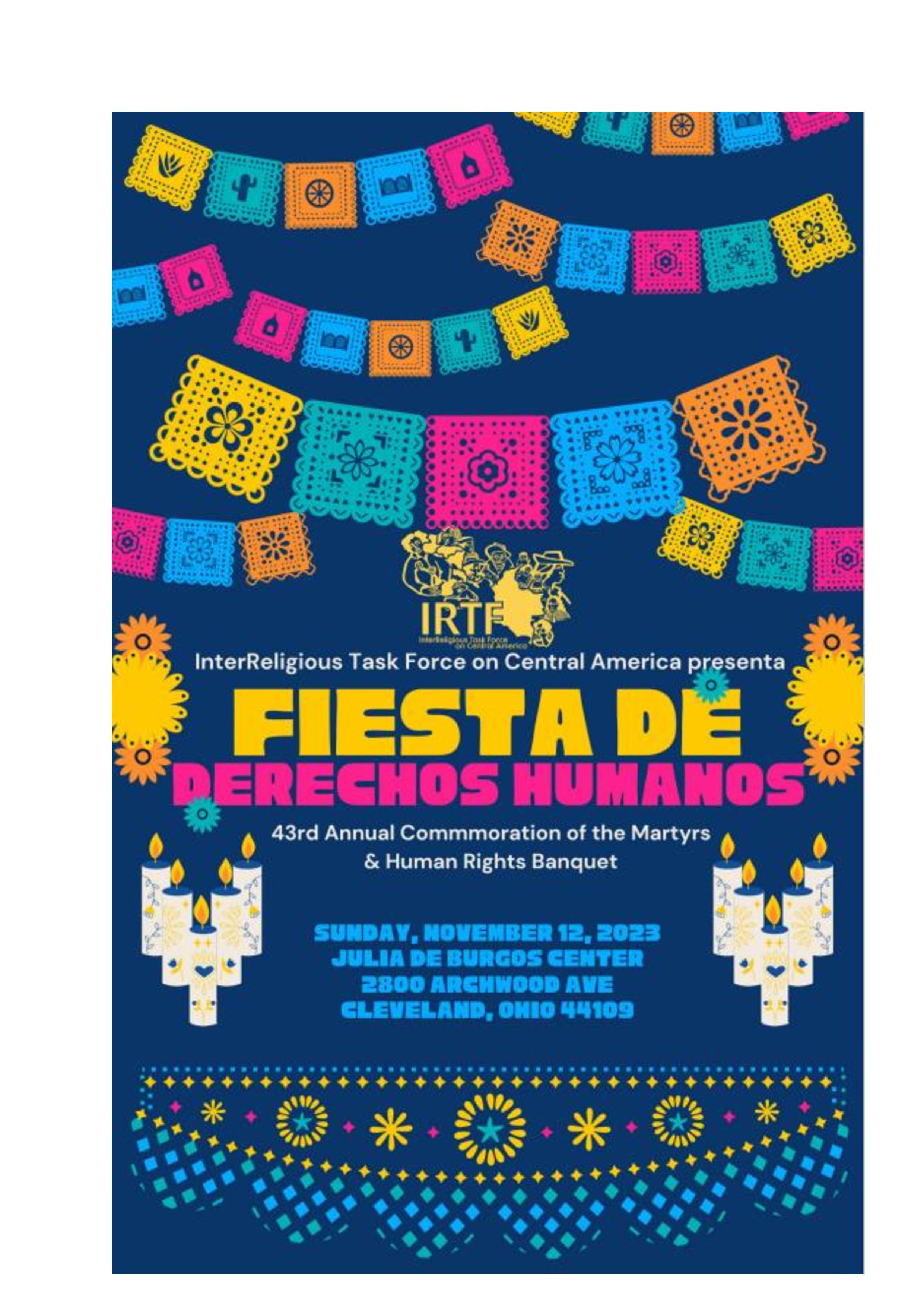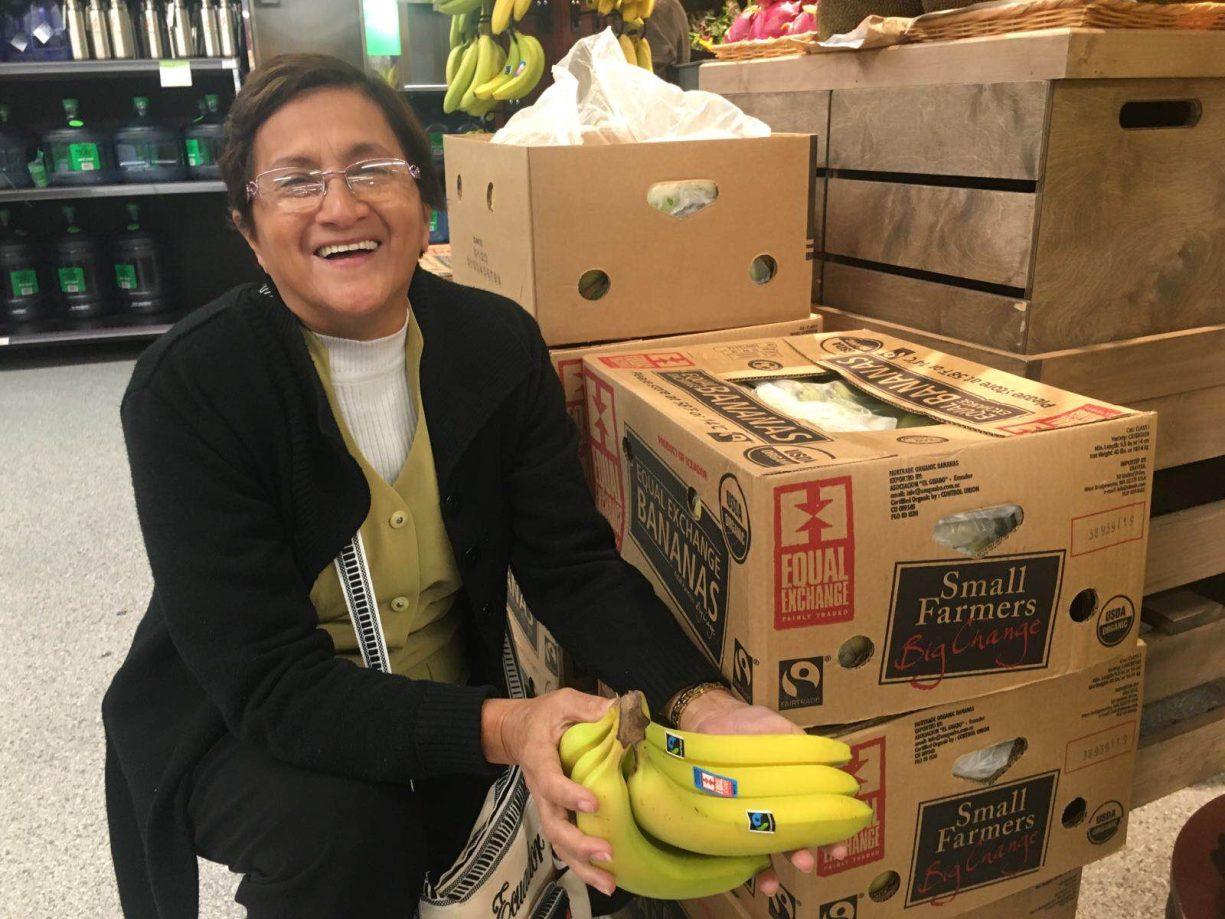Honduras is currently facing at least USD 14 billion in claims from foreign and domestic companies. This is equivalent to roughly 40 percent of the country's GDP in 2023 and almost four times its public investment budget in 2024. A new study on this avalanche of claims found that most investors are revolting against Honduran efforts to reverse or renegotiate corrupt deals made under Hernández, which were often damaging to the public interest and local communities.
Juan Orlando Hernández is the Honduras former drug trafficking and corrupt president who was illegally reelected through fraud and with the help of the US.
Now a private toll booth operator - backed by major US banks, including JP Morgan Chase Bank and two Goldman Sachs funds - is suing Honduras in international arbitration. They are demanding 180 million dollars, more than four times what the company has reportedly invested. If these investors are successful, the economic burden on the country will only deepen the displacement crisis that is driving Hondurans north.



